UPDATE | 2023年07月10日
日本に引っ越したら、様々な買い物が必要ですね。母国から色々持っていきたくても、スーツケース1、2個だけでは全てを持ってこられないでしょう。
しかし、初めて来日すると、何をどこで買えるか全くわからないという悩みを経験することが珍しくないです。特に、薬やトイレットペーパーといったすぐに買いたいものを見つけられないと困るのは言うまでもないですね。
来日を予定している、または来日したばかりの方々のために、この記事では様々な日本の商店の種類を紹介します。
スーパー(スーパーマーケット)は、主に食料品と日用品が売られている商店です。
食料品については、野菜や肉・魚といった食材の他に、おにぎりやお弁当などのお惣菜もたくさん売られています。スーパーによっては閉店時間が近づくと、お惣菜には割引シールがよく付けられるので、安く夕食を買うチャンスです。
また日用品も、小さいスーパーだとトイレットペーパーやソープなど最低限の品揃えですが、大きいスーパーでは文房具から食器までさまざまな商品を買えます。
営業時間はスーパーによって違います。24時間営業のスーパーもありますが、一般的には午前9時頃から午後11時頃まで開いているスーパーが多いようです。
売られている生活必需品:食料品、お水・飲み物、トイレットペーパー、ナプキン、ゴミ袋、衛生用品 など
ドラッグストアとは、名前のとおり薬を買えるお店です。しかし日本には「薬局(調剤薬局)」と呼ばれる薬のお店もあります。「ドラッグストア」と「薬局」、この2つの違いは何でしょうか。
私は来日したばかりのとき、喉が痛くなったら「薬局」ですぐ薬を買えるのではないかと思っていましたが、そうではありませんでした。薬局は、「処方薬」が売られている商店なのです。つまり、まず病院に行って処方箋をもらわないと薬局で薬は買えないのです。
ちょっとした風邪の薬など、処方箋なしで手軽に薬が買いたいときは、どこに行けばよいのしょうか。
それが「ドラッグストア」です。ドラッグストアは、処方箋なしで買える医薬品の他、日用品や化粧品が売られている商店を指します。せき、鼻詰まり、頭痛、かゆみ、日焼けといった軽い症状を改善させるための薬の多くはドラッグストアで買えます。また、軽い傷を治すためのガーゼや絆創膏(バンドエイド)、消毒アルコールも買うことができます。
様々な日用品もドラッグストアで売られています。歯ブラシと歯磨き、トイレットペーパー、マスク、洗剤、ゴキブリ対策グッズなどのほか、化粧品やシャワージェル、シャンプーなども買えます。
売られている生活必需品:医薬品、消毒アルコール、ガーゼ、絆創膏、体温計、トイレットペーパー、マスク、オムツ、ゴミ袋、衛生用品 など
100円ショップ(100円均一、100均)は名前のとおり、ほとんどの商品が100円で買えるショップです。文房具、キッチン用品、食器、収納グッズ、掃除用品といった、様々な商品が売られています。室内植物からスマホガラスフィルムまで、役に立ちそうな商品が見つけられます。驚くほど品揃えが豊富なので、機会があればぜひ入ってみてください。
しかし、気を付けるポイントが2点あります。
気を付けるべきポイント① 商品の値段は100円ですが、消費税が10円(食べ物と飲み物は8円)かかるため、レジで実際には110(108)円を支払います。
気を付けるべきポイント② 100円ショップといっても、ときどき200円~500円の商品も売られていたりします。買う前には念のためにラベルを確認しましょう。
売られている生活必需品:タオル、バスマット、鍋、フライパン、グラス、マグカップ、箸、スプーン、フォーク、食器、ゴミ袋、モップかけ、洗剤、シンクフィルター、トイレブラシ、ハンガー、洗濯バサミ、収納用品、文房具、スリッパ、電池 など
[PR]
コンビニ(コンビニエンスストア)は食料品と雑貨が売られている小さい商店です。コンビニの一番の特徴は、24時間・年中無休で営業しているという点です(一部例外もあります)。また、都心であれば大体どんな場所でもコンビニがあり、印刷やスキャンのサービスやATMもあるので、とても便利です。しかし、商品の値段はスーパーやドラッグストアに比べると高いことが多いのを覚えておきましょう。
売られている生活必需品:食べ物、飲み物、消毒アルコール、マスク、洗剤、ソープ、歯ブラシ、傘
家電量販店(電気屋)は、様々な家電製品を販売している商店です。来日してすぐに家電量販店に行く必要があるのは、母国と日本のコンセントの形が違う場合です。もし違うのであれば、自分のスマートフォンの充電器などを使えるようにするためには、コンセントアダプターが必要です。
また、国によって定格電圧が異なるので、変圧器も必要な可能性があります。例えば、国から持ってきたドライヤーに「220V」と書いてある場合、ドライヤーのプラグをそのまま日本のコンセント(100V)に入れてはいけません。しかし、変圧器はタイプによって値段が高かったりするため、新しいドライヤーを買った方が安くなるかもしれません。
これらコンセントアダプター、変圧器、ドライヤーなどは家電量販店で買えます。その他に、冷蔵庫や洗濯機といった生活家電も買えるので、行ってみる価値があります。キャンペーンなどがあれば、例えば冷蔵庫+洗濯機というような一人暮らしセットを安く買えることもあります。
売られている生活必需品:コンセントアダプター、変圧器、充電器、電球、電池、延長コード、冷蔵庫、洗濯機、炊飯器 など
来日し、アパートを借りた場合は自分で家具を買わなければなりません。寮に住む場合は家具が用意してもらえることもありますが、それでも布団やシーツなどは自分で買うように頼まれたりすることがあります。それらは、家具・インテリア雑貨店で揃えましょう。ベッドやテーブルといった大きな家具を買ったときも、配送サービスを利用すれば自宅まで商品を届けてもらえるので安心です。
売られている生活必需品:布団、シーツ、タオル、物干し、ハンガー、収納用品、カーテン など
お店でほしい商品が見つからないときや、買い物に行く時間がないときは、ネット通販を利用しましょう。支払いも、デビットカード・クレジットカードを持っていなくても、コンビニで払うこともできるので便利です。
ネット通販は多くのものが簡単に買えますが、その中でも私がおすすめしたい日本の生活必需品が2つあります。それは耐震グッズと防災グッズです。
耐震グッズは、耐震マット、耐震テープ、突っ張り棒や耐震ベルトなど、地震の揺れに備えるグッズです。日本は地震が起きやすい国なので、家具が倒れないようにするため、耐震グッズが必須です。家具が倒れるとケガの危険があるので、引っ越したらできるだけ早く耐震グッズを買いましょう。
防災グッズは、様々な災害(強い地震、津波、台風など)によってライフライン(電気・水道・ガス)が止まったときに備えるものとなります。防災グッズには、水、薬、携帯トイレ、ラジオ、懐中電灯など、様々なものがあります。それぞれ別々でも買えますが、セットでも売られています。防災グッズはいざという時にとても大事なものなので、必ず用意しましょう。
この記事に紹介した他にも、日本にはまだ色々な商店があります。例えば、ショッピングモール、フリーマーケット、商店街などでも様々な商品が買えます。中古ショップもあります。家電、家具、洋服、本などが安く買えるショップです。(もともと使われていたものが売られているので、商品の質には気を付けましょう。)引っ越して少し落ち着いたら家の近所のお店をぜひチェックしてみましょう。
日本での買い物は、商店の種類、商品の探し方、支払方法など分からないことがたくさんですよね。最後に、買いたいものを示す日本語の言葉がわからないときどうすればいいかアドバイスです。携帯を使って母語で商品名をインターネット検索して、出た画像を見せましょう。きっと店員さんに手伝ってもらえます。
日本でのショッピングは楽しんでください!

(株)アクセスネクステージ 外国人進路支援事業部の社員。ベラルーシ出身。2021年6月に来日し、2023年3月までお茶の水女子大学で国費研究留学生プログラムに参加。趣味はPCゲーム、絵描き、国際交流。
[PR]
[PR]